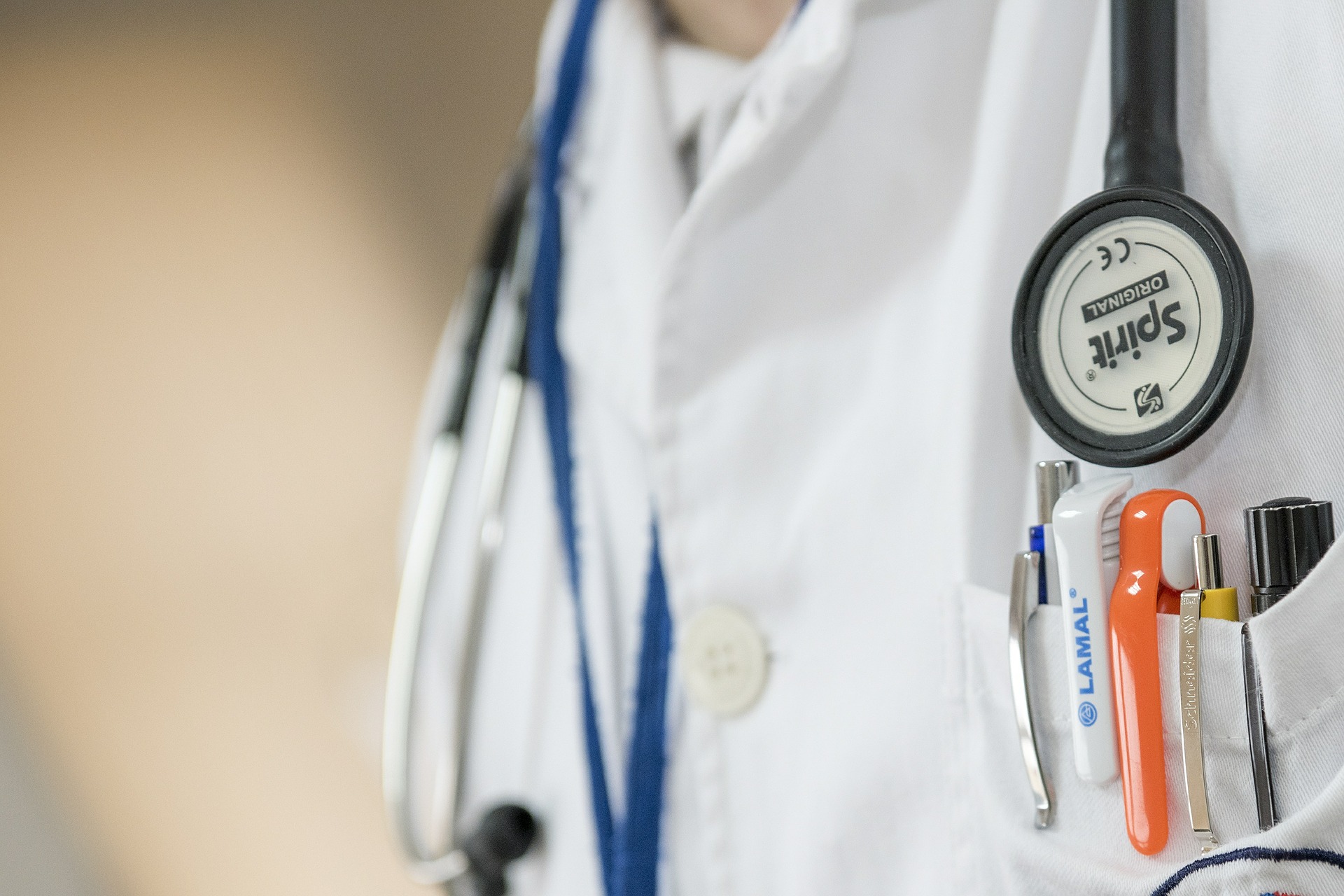Life After Cancer: What You Need When Treatment Ends

You beat cancer. There’s probably no more comforting or reassuring statement than hearing a doctor say that your cancer is in remission. If you’ve been fighting a long battle, these words may come with a huge exhale of relief. Even though there is plenty of reason to smile and celebrate, you still have much to consider about how cancer will impact your future.
Nearly 40 percent of Americans will experience some form of cancer in their lifetimes, with 14.5 million of them living into remission. Whether you or a loved one has won their fight against cancer, there is still a long road to a healthy recovery. A happy, healthy life after cancer includes self-care, emotional support and understanding long-term medical concerns.
Self-care after cancer
During a battle with cancer many patients are so focused on beating the disease that other areas of their lives sit on the sidelines. Now that you’re in remission, self-care is vital to ensure that you keep living a life filled with positivity by:
- Getting back into the activities you love but haven’t been participating in.
- Trying something new– a new adventure, a new class, a hobby or even a new career.
- Giving back to a cause or your community.
- Prioritizing good sleep and exercise you enjoy.
Self-care makes you focus on you, helping you to enjoy living this life you fought so hard to save.
Emotional support during remission
You may be thinking, But, I’m in remission! Why would I need emotional help? It’s easy to assume that remission means you’re not only cancer-free, but stress-free, as well. However, it’s not uncommon for survivors to experience post-traumatic stress disorder, or PTSD, after cancer. If you’re experiencing guilt, worry or anxiety with such intensity that it impacts the quality of your life, you may want to consider getting emotional support during remission. Here are a few signs and symptoms that you might be emotionally overwhelmed:
- Depression that comes from dealing with major life changes. Even positive news, when it results in a major shift in the way we live, can result in fluctuating emotions.
- Paranoia that your remission is only temporary and that cancer is lurking around the corner. This is especially problematic if your way of coping is to become obsessive about keeping cancer at bay. While living a healthy lifestyle is a beneficial mindset to have during remission, obsession resulting from a fear of recurrence is not.
- An emotional shutdown that can inhibit your ability to feel excited or even happy about remission. For many people dealing with PTSD, closing themselves off from dealing with the emotions of their trauma can actually prolong their healing process.
Getting emotional support will help you work through the ups and downs of both cancer and survival.
Long-term medical needs and issues
While you are in remission, both the cancer and the methods used to fight it, like radiation or chemotherapy, can have long lasting effects on your body. That’s why it is so important to maintain your regular follow-up screenings and pay attention to signs of recurrence. A lump under the arm may be nothing more than a fatty cyst or swollen lymph node, but to a breast cancer survivor it’s a red flag that warrants a doctor’s visit every time. Other long-term medical concerns include:
- Complications from any surgeries you may have had.
- Medications you need to take if you had any organs or internal body parts removed.
- A potential for developing diabetes if steroids were used in cancer treatment.
- Incontinence or bowel movement issues if any parts of your colon were removed or altered.
- Nerve damage and memory issues resulting from chemotherapy.
- Sexual dysfunction if tumors were removed from reproductive organs.
Though reflecting on your battle with cancer has its merits, there are plenty more reasons to look forward when you enter remission. The important thing to remember is that, even though the priorities have changed, your health–physical, mental and emotional– should still be a priority.
